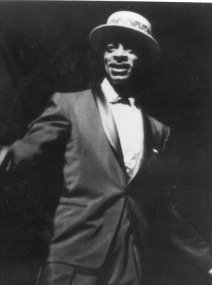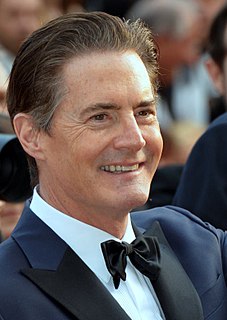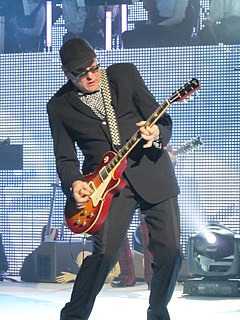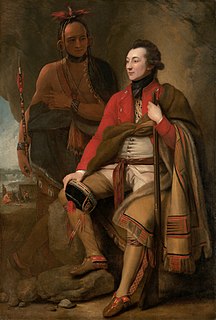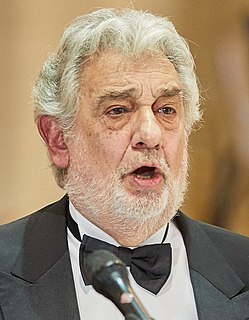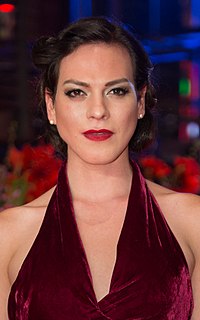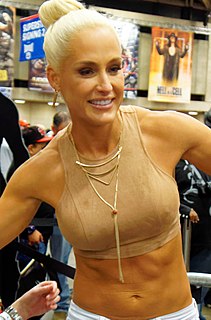A Quote by Sandra Bullock
My parents were opera singers and voice teachers, so growing up, I admired musicians and dancers.
Quote Topics
Related Quotes
In vocal choreography you had to give a lot of consideration to the fact that you were working with singers and not dancers. But you had to make singers look like they were dancers, and to make the movements as natural as possible, and there to be an association with the movement, uh, somewhat to what the lyric was saying.
I grew up in a town where there were no adults over forty who weren't somebody's parents. It was, unfortunately, the kind of town that's a "great places to raise kids" - that's basically code for "there are no adults here who are not parents." I had a few teachers who were kind of weirdo drama teachers and were hugely influential.
There is a lot of propaganda about opera singers not being able to act. That's not necessarily true and hasn't been true for a very long time. And certainly there were those instances when singers were told they need to fit into a certain size dress. Of course, women. Men? They just make the costume bigger.

